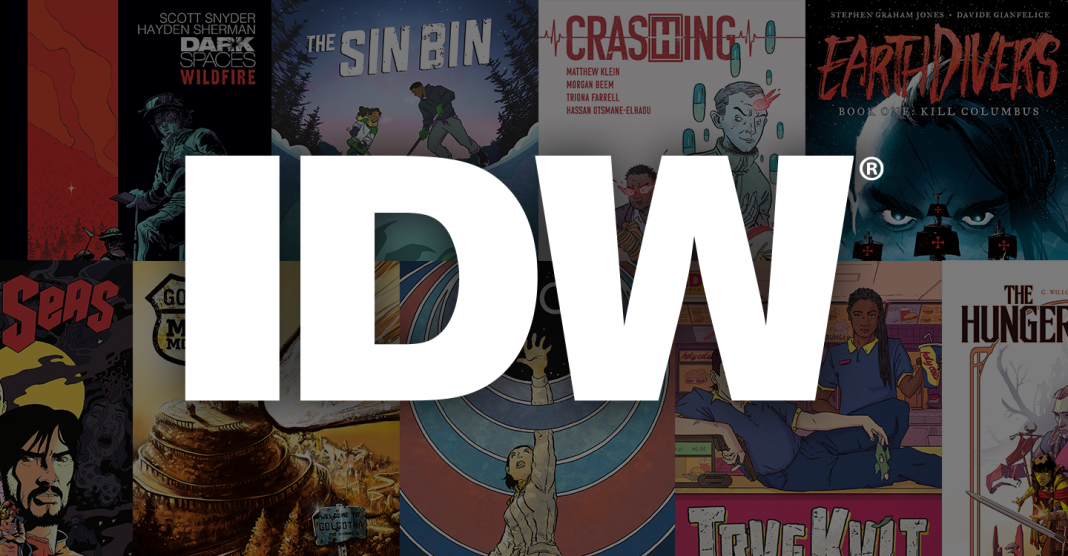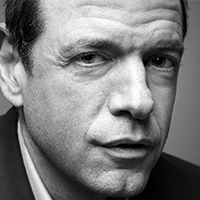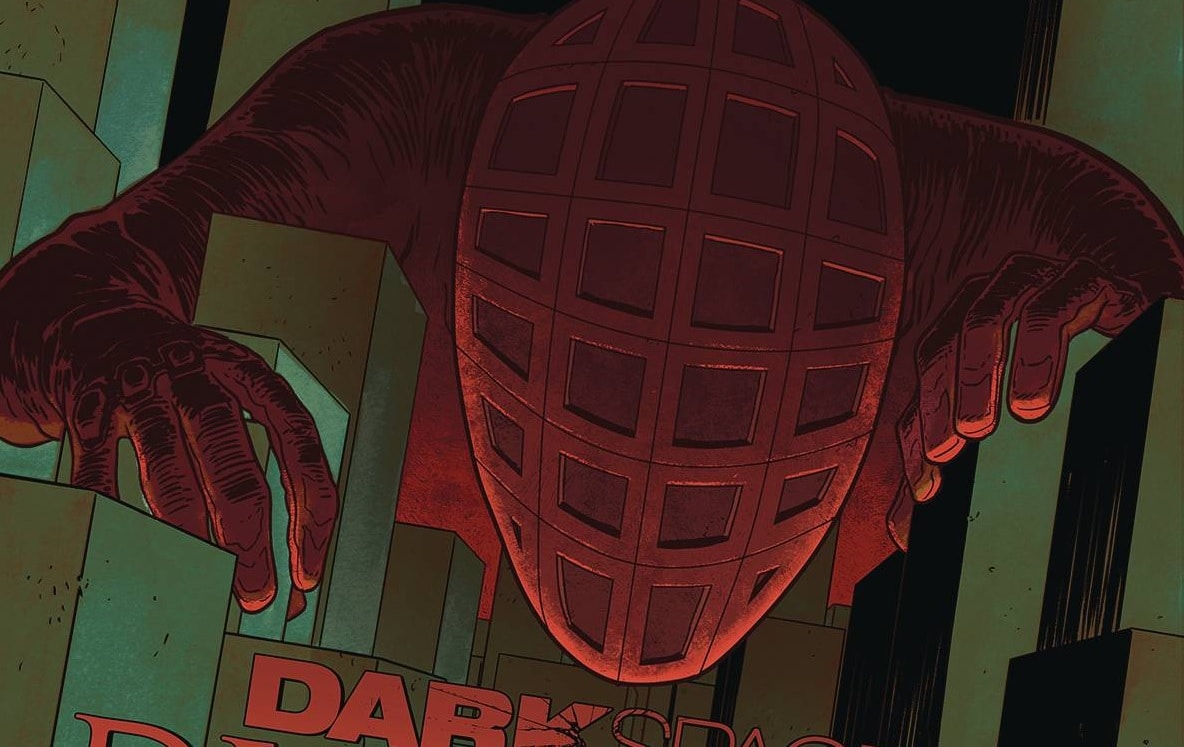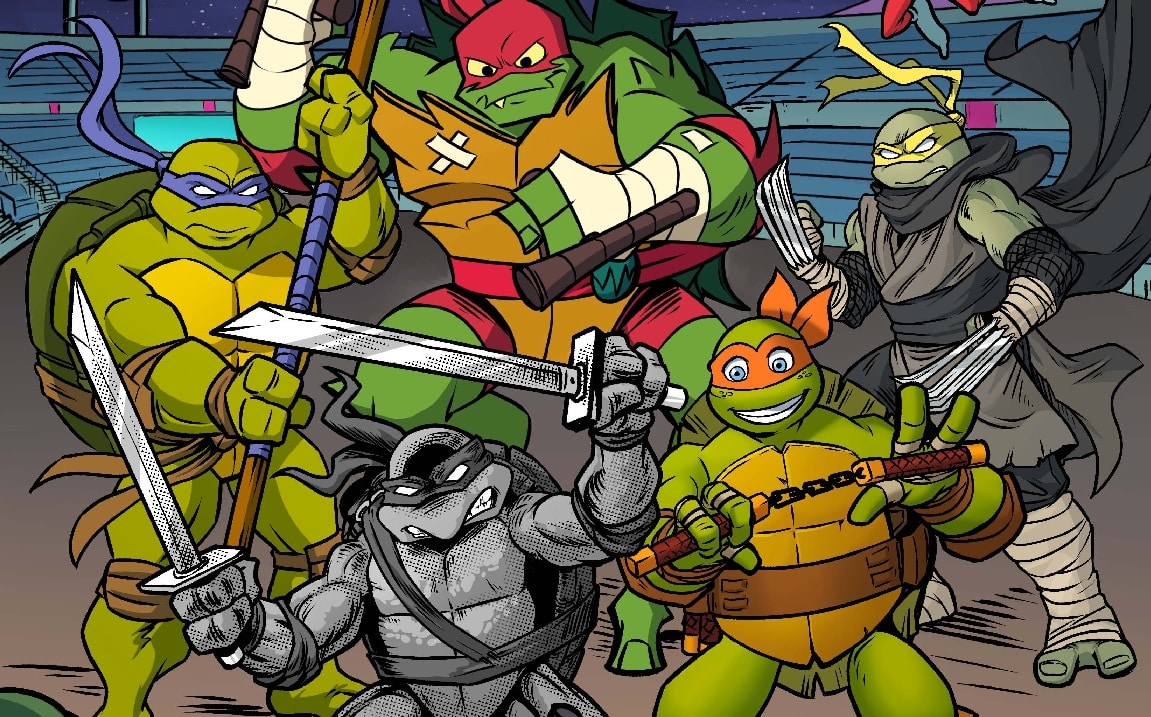The Comics Contraction of ’23 continued today as IDW announced it is being delisted from the NYSE, making large changes in senior management and laying off 39% of its workforce as part of “cost cutting measures.”
The moves come after months of losses for the company in most business sectors, as reported in SEC filings. IDW stock opened at $0.82 cents but plunged to $0.47 as the announcement circulated.
Among the personnel changes: Davidi Jonas, the son of principal IDW owner Howard Jonas, is replacing Allan Grafman as CEO. CFO Brooke Feinstein is also out, and Amber Huerta has been promoted to COO.
While the PR did not specifically mention other layoffs among the 39% of the workforce laid off, The Beat has learned that the entire marketing and PR staff and half of editorial have been let go, including publisher Nachie Marsham. We are working to get names of remaining staff, and information on the fate of imprints such as Top Shelf, as well as details on the editorial reorganization.
IDW is generally considered to be one of the Top Five comics publishers in the direct market, back when sales charts and market shares were available. Last year they moved from Diamond to PRH for their comics shop distribution. Founded in 1999 by Ted Adam, Alex Garner, Kris Oprisko, and Robbie Robbins, IDW was consistently one of the most innovative and forward-looking comics publishers for 24 years, with such hits as March and They Called Us Enemy from Top Shelf, and the much loved Artist’s Edition line of oversized collections. But recent changes in the DM and bookstores, as well as effects of the pandemic and the cutback in streaming platforms, meant changes in the business model, which had expanded to going public under parent company IDT Holdings.
In the announcement, several reasons were given for what was described as “going dark” on publicly-traded stock exchanges. Although the term referred to being delisted as a stock, it seems an apt metaphor for the entire reorganization. “The Board has elected to take these actions to preserve capital, and put the Company in the strongest position possible to unlock value from its assets, including its intellectual property and ability to generate new intellectual property,” read the statement.
It was noted that the requirements of complying with SEC regulations were a burden on the company, and removing them would help streamline operations and claw back resources for “recovery and growth.”
“The Board determined that going dark is the best path for the Company due to expected cost savings, reduction of pressure on limited resources and the Company’s current inability to realize many of the benefits from continued listing and Exchange Act registration and reporting,” said David Breau, Lead Independent Director on IDW’s Board. “Low trading values and volume has limited our Class B common stock’s liquidity and made it untenable to effectively use our securities as transaction consideration, attract interest from institutional investors or market analysts or provide meaningful incentive to our employees. At the same time, we continued to bear the direct and indirect expenses associated with the NYSE American listing and SEC reporting.”
The cuts are expected to lead to about $4.4 million in annual savings, with $0.9 million being paid out in severance.
As reported by ICv2, last month’s SEC filings reported a $335,000 loss for the publishing division in fiscal Q1 ended January 31, down from a profit of $512,000 in 2022. Sales in the direct market were down $462,000, although book channel sales were up $734,000. They also reported a decline in revenue of $1.9 million in the games division, which released the Batman Adventures game in 2022. IDW Entertainment revenue declined from $4.3 million to nearly NOTHING, due to the absence of Locke & Key, which was streaming on Netflix in 2022.
If you were wondering why comics companies like their streaming revenue, there’s your answer right there.
Overall, ICv2 reported:
With both divisions losing sales, parent IDW Media Holdings sales were down 44%, from $11.8 million in Q1 2022 to $6.6 million in fiscal Q1 2023. The company lost $2 million in the quarter, compared to a $2 million profit in the year ago quarter. The loss in the quarter follows an improving loss of $700,000 in the fiscal year ended October 31 (see “IDW Publishing Posts Big Losses“). CFO Brooke Feinstein told analysts in the conference call that the company had enough cash to sustain operations “for at least the next year.”
Given the hemorrhaging of profits, lack of a streaming follow-up to Locke & Key, and softening of periodical sales in the DM, it seemed inevitable that IDW would tighten up, but this level of extreme reorganization is still stunning.
“We appreciate Allan’s industry experience and efforts on IDW’s behalf during the last eight months as CEO and for over three years prior to that as a member of the Board and Chairman of the Audit Committee,” added Howard Jonas, IDW’s Chairman.
If you want to play a little armchair Succession here, Jonas notes that the new CEO (Jonas’s son) is expected to work HARD. “However, with the need to make pivotal changes to preserve value and transform the Company, the Board felt that a new CEO with new ideas, a tireless work ethic, willingness to roll up his sleeves and do whatever is needed to help the Company, with a successful record at creating a corporate culture of excellence and maximizing stockholder value, was what IDW needed.”
As for Davidi, he gave a long statement reflecting why such changes were made with “alacrity”:
“I am humbled by the confidence being placed in me by the IDW Board in appointing me to this position at such a pivotal time in the Company’s existence,” he said. “I feel an overwhelming sense of excitement and more than a little trepidation as I face the challenges before us.
“Our Board is taking bold action to address the challenges facing the Company and I share their view that alacrity is called for. My trepidation comes from the magnitude of the task ahead and my determination to do everything possible to unlock and create the value for our stockholders that they deserve. Many of our stockholders, not least of them members of my family, have shown patience and loyalty and it is my singular goal to see that rewarded.
“Since re-joining the Company as Executive Chairman, I have taken a deep dive into the Company and have strong views on what is needed to put the Company’s best foot forward on the path of success. The painful cuts we are making are unfortunately absolutely necessary. We need to ensure that the Company can survive and then grow. I want to thank Allan, Brooke, and the great employees and other contributors to IDW’s past successes.
“Today we hit reset. Today I take on the responsibility to those for whom I work and those whom I work with, the stockholders and my colleagues at IDW. I will work tirelessly to unlock value.
“IDW is a great company with a storied history. IDW has a great team of people who are ready to give their all and again I am humbled to be at their head,” concluded Davidi Jonas.
Obviously this is a rapidly developing story, and we’ll be updating it as more information becomes available.
Here’s the original IDW statement, with more information on the process of delisting from the NYSE and other publicly-traded stock exchanges.












Although the press release makes the NYSE delisting voluntary, wasn’t IDW in a position where they had little choice? I was under the impression that to remain listed on the NYSE, a company’s share price couldn’t remain below $1.00 for a certain length of time and/or the aggregate value of publicly traded shares had to be at least $40M. When was the last time that IDW met either of those requirements? Am I wrong about that aspect of their situation?
For what it is worth, among that editorial staff who were “laid off” was Tom Waltz, who had been a Group Editor. Last night he stated on social media that this was more of a technical change, since he’d been acting as a Freelance Writer and/or consultant for their TMNT line (including the extremely profitable Last Ronin series) for a very long time and that role has not changed (since Freelancers are not technically permanent employees as far as payroll is concerned). IDW, at the very least, extended all efforts to keep Waltz around managing their TMNT comics, just no longer with the title of “editor.” There are other editors at IDW who also “moonlighted” as writers or plotters on some of their comics and I imagine they may attest to something similar. Out of all of IDW’s divisions, their comic division was usually either the most consistently profitable or suffered the fewest losses, so in terms of the content they want to keep that consistent.
Also, for what it is worth, IDW Media also had a division which literally printed travel brochures for travel agencies, an industry that was all-but-destroyed during the 2020 pandemic (and was slowing down beforehand), and many losses over many quarters were attributed to that. I always found that bit so weird. Like imagine if Dark Horse Comics had a division that sold fried chicken somewhere.
“the son of principal IDW owner Howard Jonas, is replacing Allan Grafman as CEO”
Does not align well with
“the confidence being placed in me by the IDW Board”
Did Ted Adams get kicked out of his own company? I heard rumors that some of the more craven in upper management wrestled control away from Ted and got rid of him ASAP? Please let me know if this has any legs, thanks.
Since I went full time in the comics business in 1970, have seen dozens upon dozens of publishers start up, run for a while, then shut down. It is always sad to read about dang near any of them over this past half century.
That said, in the 21st century, as the number of comic book stores continues to shrink from its peak in 1995, the sellers which the “DM” relied upon for so long,
as it switched into higher gear following a seminal 1979 SDCC Marvel Comics’ meeting of those of us then comprising most of the Direct Market, maybe 80 max there that day,
for 20 years the main focus of most comics sellers was slab coffins more concerned with spine bends and an imaginary 7 flavors of Near Mint
rather than working building a new next generation of readers.
The American comic book has survived, thrived, made glut, shrank down in resulting collapses, quite a few times over the 185 years since Sept 14, 1842.
The more things change, the more they actually remain the same. Change is Stabilty.
More to come.
Wasn’t there reporting a year or two ago about how IDW was hoping to finally become profitable in the next few years? That they were slowing their yearly losses?
“The more things change, the more they actually remain the same. Change is Stabilty.”
Things are always changing.
Newspapers used to be a popular and profitable medium, but now they’re an unpopular and unprofitable medium.
It’s not that comics don’t make as money money as movie franchises or tv shows but it’s that most of them do not make any money at all.
“Out of all of IDW’s divisions, their comic division was usually either the most consistently profitable or suffered the fewest losses”
I sincerely doubt that.
“Wasn’t there reporting a year or two ago about how IDW was hoping to finally become profitable in the next few years? That they were slowing their yearly losses?” Hopes are like wishes. In the context of a report released by a business , “hopes” were more like lies. They were lying.
If comics are profitable, then printing and distributing physical newspapers must also be profitable.
Comments are closed.